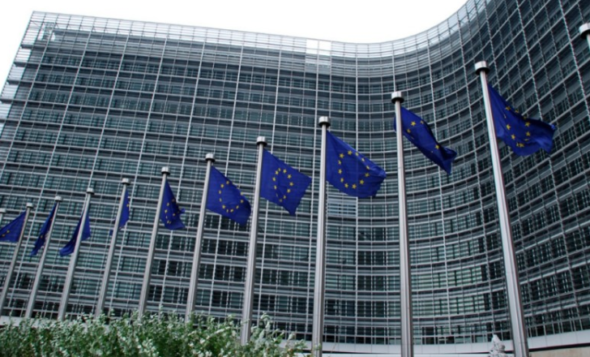The European Commission has provided Poland with comments on the National Energy and Climate Plan (KPEiK). Poles must choose between a conservative and an ambitious energy transition scenario, bearing in mind the systemic constraints leading to the reduction of RES.
The Commission forwarded its comments to the KPEiK presented by Poles, which assumes the achievement of a 30 percent share of renewable sources in electricity generation by 2030, and this is a scenario defined as conservative. The Climate Ministry suggested that it also had an ambitious version with a higher goal.
The Commission noticed an overall gap between the EU’s target of a 55% reduction in CO2 emissions by 2030 and national pledges that could deliver around 51% reductions. EC recommended that Poland up its ambition, but the final shape of the document depends on Warsaw’s decision.
KPEiK will now go to public consultation so that by the end of the year a new version can be submitted to the European Commission, so that it can assess the convergence of the declarations of individual member states with the EU goal.
By recommending a greater share of RES in the electricity system, the Commission is promoting support for the construction of energy storage facilities, increased flexibility and the number of cross-border connections in order to overcome network constraints leading to a reduction in the work of renewable sources by the operator for compensation. This phenomenon is intensifying, because the boom of photovoltaics in Poland is increasingly leading to excess power generation, which sometimes cannot be tamed otherwise than by disconnecting renewable installations.
Wojciech Jakóbik









